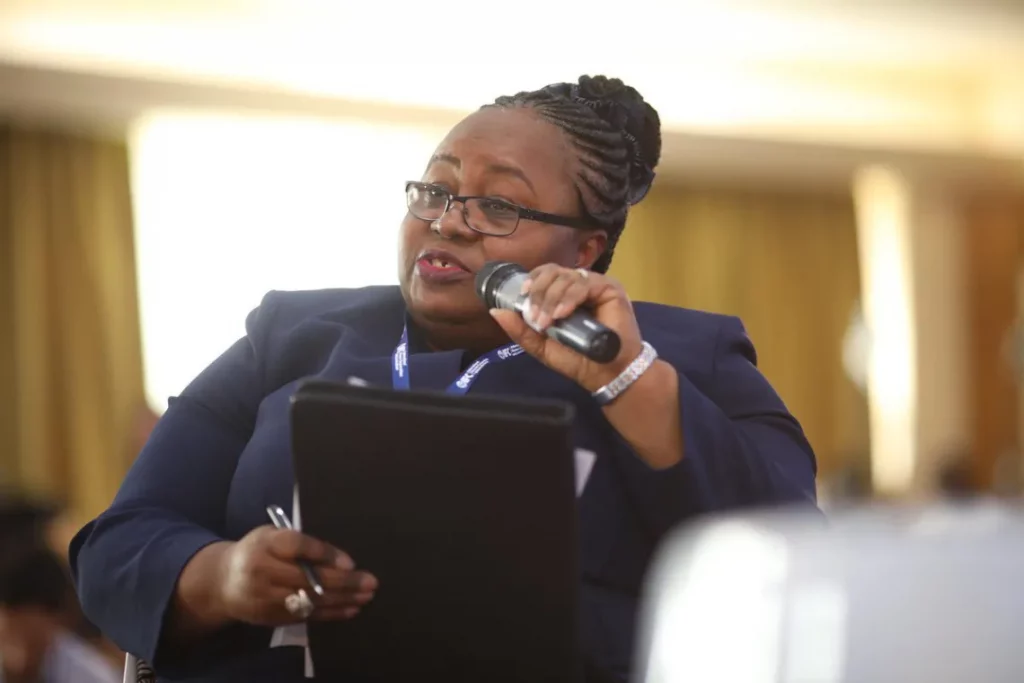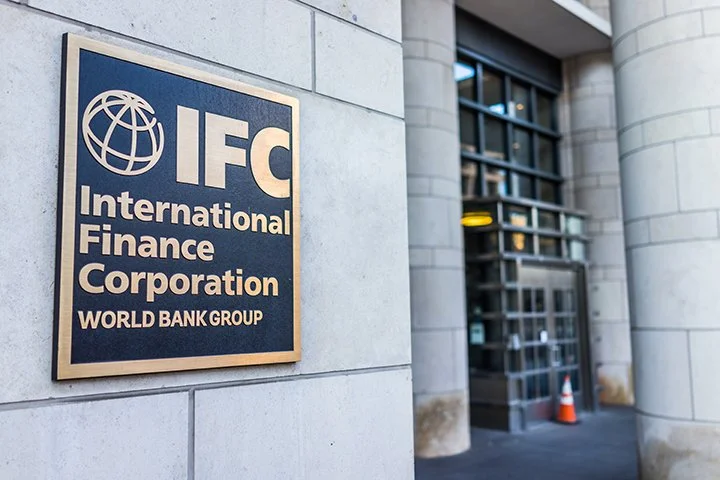Through strategic lending relationships with banks, the International Finance Corporation (IFC) is directing billions of shillings into Kenyan small businesses and women-owned businesses, filling a gap in the local credit market that is still sceptical of risky SMEs.
At the end of 2021, the international financier had KSh105.8 billion in debt and equity exposure to local tier-one lenders, the majority of which came from medium-term credit facilities supported by other development financing organizations.
The IFC recently pledged $2 billion to support MSMEs in Africa, recognizing their importance in providing basic services, creating jobs, and eradicating poverty.
The large banks in Kenya, which provide a robust credit distribution and monitoring system unavailable to smaller lenders or international financiers, have a broad reach both locally and through their regional subsidiaries, which the international financier has attempted to leverage in Kenya.
Mohamed Gouled, IFC vice president of risk and finance, said this after the organization signed a $165 million (Sh19.5 billion) co-funded loan facility with Equity Group in May.
“Supporting small businesses and climate-friendly projects is central to IFC’s strategy in Africa to help create jobs, respond to climate change, and leverage the opportunities afforded by the digital economy,” he said.
These IFC loans to Kenyan banks help them boost their capital for future lending to small businesses because a sizeable amount came in when the Covid-19 outbreak hit the country.
The largest portion of these loans, Sh52.8 billion, are made to Equity Group, whose units are in Kenya and the Democratic Republic of the Congo.
This amount includes Sh38.9 billion in loans for those units as well as a 6.7 percent stake in the lender that the IFC purchased from Britam for Sh13.9 billion in April.
As the lender with the biggest exposure to IFC loans last year, Equity increased its borrowings from the IFC by Sh17.1 billion to Sh38.9 billion, surpassing KCB. By the end of the previous year, KCB and Co-operative Bank had IFC loans totalling Sh27.9 billion and Sh17.9 billion, respectively, while loans to DTB and NCBA totalled Sh6.35 billion and Sh814 million, respectively.

Similar to how government borrowing from abroad increases official forex reserves, the foreign currency loan also strengthens these banks’ foreign exchange positions, enabling them to support companies that import goods or raw materials.
The length of these loans is also a significant element for the banks, enabling them to extend longer credit periods to smaller enterprises.
For instance, Equity’s IFC loans were fixed at rates that ranged from 1.9 percent to 5.6 percent above the industry standard Libor for US dollars (London Inter-Bank Offered Rate). The borrowing rates for KCB range from 3.5 percent to 5.3 percent above Libor.
However, given that the Libor benchmark is no longer being used, the facilities will need to be repriced.
The Secured Overnight Financing Rate, created by the Federal Reserve Bank of New York, has been chosen by the IFC as the new benchmark for contracts denominated in dollars.
















